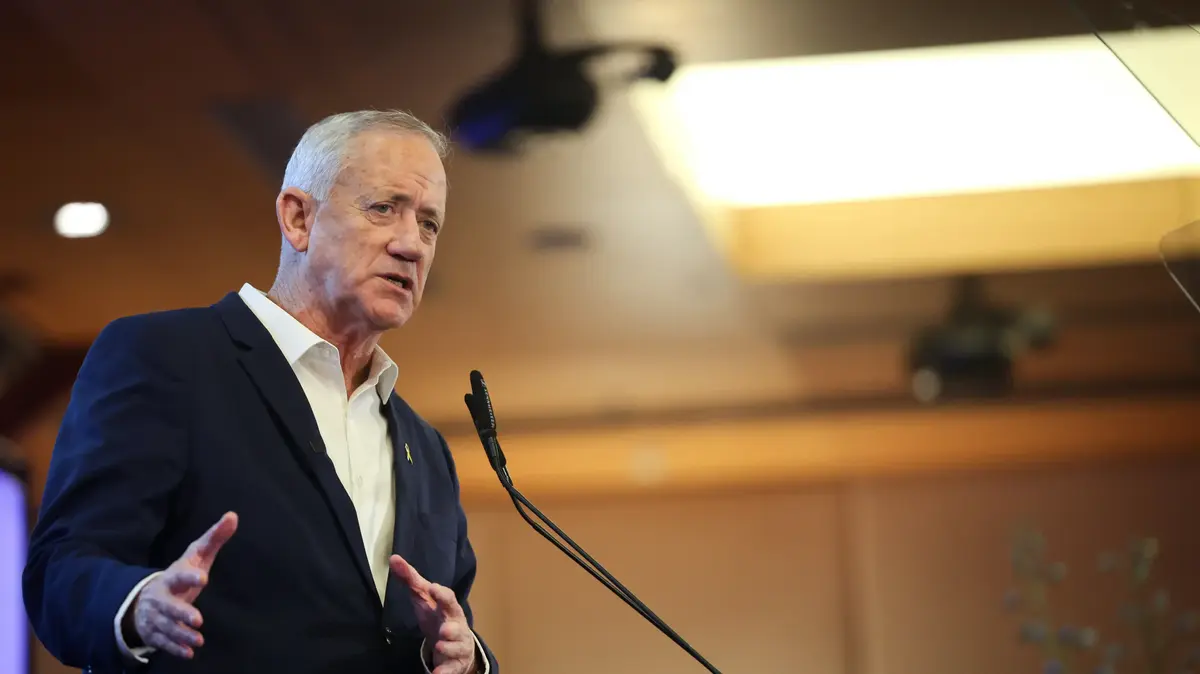When the protest organizations embarked on the first march in Bnei Brak about a month and a half ago, Bnei Brak residents set up stands with drinks and refreshments for them.
The rabbis gave instructions to refrain from violence, and indeed the protest passed quietly and without incident. I thought then, like many others, that it was a brilliant media move.
But the policy of containment did not last long. It is clear to the ultra-Orthodox activists that if the demonstrations continue, they must restore their deterrent power. Since their main source of power is the ability to control the ultra-Orthodox public and its consumption habits, they will have to demonstrate once again the power of the boycott against Israeli businesses.
In Israel, there is no need to explain what a strategy of deterrence is. Every few years, a big story explodes, deterring the entire business sector from "messing around" with the ultra-Orthodox. Phoenicia, El Al, Shefa Shuk, Intel and other companies took the hit, and most of the other companies aligned themselves so as not to get hit. Therefore, it was only a matter of time before the opportunity was found to launch an operation that would restore deterrence.
And business in Israel is deterred. During my years as CEO of Hillel, I met dozens of business owners who expressed appreciation for the organization's work and the courage of the young people who chose this path. Almost everyone made it clear that donating from the business was out of the question. Many donated out of their own pockets and demanded that the donation be anonymous.
The height of absurdity comes when Zionist and patriotic Israelis, who set up programs and donate millions to integrate Haredim into employment and education, refuse to support those who left the question for fear of boycotting their programs. In doing so, they collaborate with the worst of the activists, who both boycott those who have "embarked on a bad culture" and try to prevent others from helping them.
Against this background, the story of "Angel" is a refreshing innovation. Usually, when a business company faces the threat of an ultra-Orthodox boycott, the company's management enters a state of emergency. She tries to please and reconcile, sometimes to apologize, sometimes to capitulate, all in order to minimize the damage. That's why Angel Bakery's silence, at least until this writing, is particularly deafening.
Apparently, Angel's decision-makers understood that standing firm against the boycott could win them the sympathy of the majority of the Israeli public, and not just from one side of the political map. This response suggests that we may be witnessing a change in trend. Whether we will see change depends mainly on the public, and its willingness to back companies that are unwilling to act out of fear.
In order for us to see real change, the general public must stand firm against the system. Fortunately, many voices are also heard from within the moderate ultra-Orthodox public calling to oppose the boycott. The more Israelis who oppose the boycott and threats system and the more morally and economically support the boycotted companies, the more we will meet companies that fearlessly face threats from the extremist wings of ultra-Orthodox society.
Israeli society is itself showing enormous powers, and it can make business owners in Israel want to take pride both in their steadfastness in the face of boycott threats, and in their contribution on behalf of those who leave the question.
The writer is the Executive Director of Hillel Coming Out
Wrong? We'll fix it! If you find a mistake in the article, please share with us















